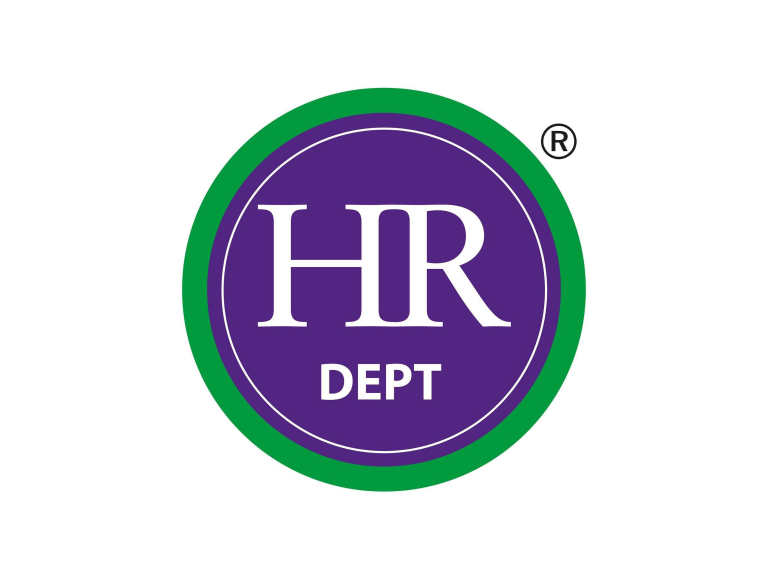
As many as one in seven of us is providing unpaid care for a sick or elderly relative. This can be in addition to paid employment, so it is possible that you may have some carers amongst your workforce.
Unsupported employees with caring duties can experience problems with focus, productivity and attendance. Some even feel that they must quit work altogether. The worrying truth is that nearly half a million people have given up work in the past two years due to caring for a dependant.

With the right strategy in place this can be overcome, and you can retain and support your caring employees. Good management understands their circumstances, aiming to help them work well and reach their potential.
Additionally, if an employee is looking after an elderly or disabled person, they are protected under the Equality Act 2010. This means they may be legally entitled to specific leave for caring responsibilities, or the right to be considered for flexible working. It’s important to stay informed to avoid discrimination.
It might not be obvious which of your employees are balancing their work with caring responsibilities, as some people like to separate their personal and professional lives. Therefore, if the topic does arise, manage it with compassion and confidentiality.
Here are our suggestions for supporting an employee who is caring for a dependant and helping them be more productive.
Regular catch-ups with employees allow them the opportunity to discuss anything that might be troubling them or affecting their performance. If it is apparent that caring responsibilities are affecting their well-being you can signpost support services and let them know that they are not alone. Charities like Age UKshare specific advice for carers.
If you manage a leadership team, consider providing them with training on carers’ employment rights so that they feel equipped and able to manage effectively.
Offering flexible work arrangements to employees is a great way to show your support of a good work-life balance. A change as simple as a later start allowing the carer to get the dependant dressed and give breakfast can make all the difference. Employees who are able to work well around other commitments are less likely to need time off.

Some care demands can happen suddenly and unexpectedly. And so dependant emergency leave is in place to allow an employee to take unpaid time off to care for a dependant in an unforeseen circumstance. There are specific criteria as to who should be classed as a dependant, ask us if you are unsure.
Taking care of employees is taking care of your business. Understanding the unique needs of your workforce can result in strong staff retention, a boost in productivity and the economy. If you would like further advice and support on how to manage the carers amongst your team and the importance of doing so, contact your local HR Dept today.
Hi, I am Dave, I run thebestof Exeter along with my colleagues. If you want to promote your business or event, get in touch with us on 01392 349 130.
The following Cookies are used on this Site. Users who allow all the Cookies will enjoy the best experience and all functionality on the Site will be available to you.
You can choose to disable any of the Cookies by un-ticking the box below but if you do so your experience with the Site is likely to be diminished.
In order to interact with this site.
To help us to measure how users interact with content and pages on the Site so we can make
things better.
To show content from Google Maps.
To show content from YouTube.
To show content from Vimeo.
To share content across multiple platforms.
To view and book events.
To show user avatars and twitter feeds.
To show content from TourMkr.
To interact with Facebook.
To show content from WalkInto.